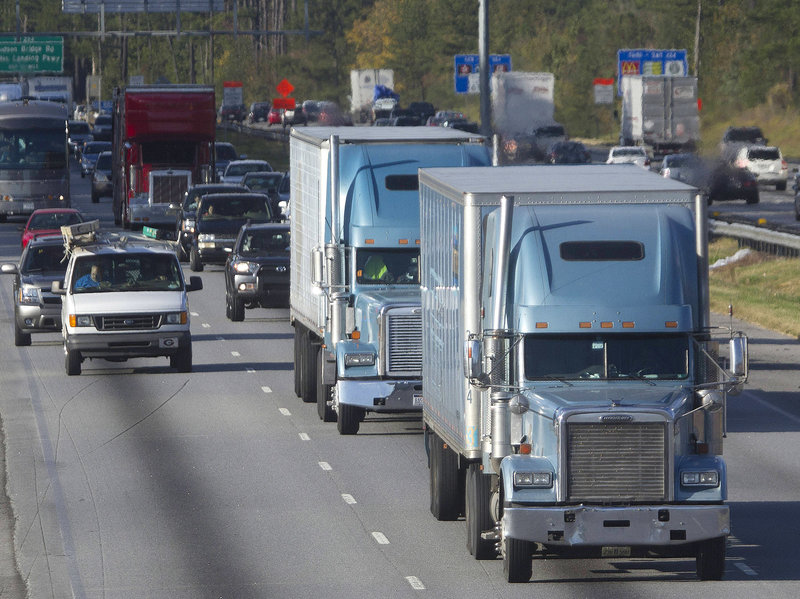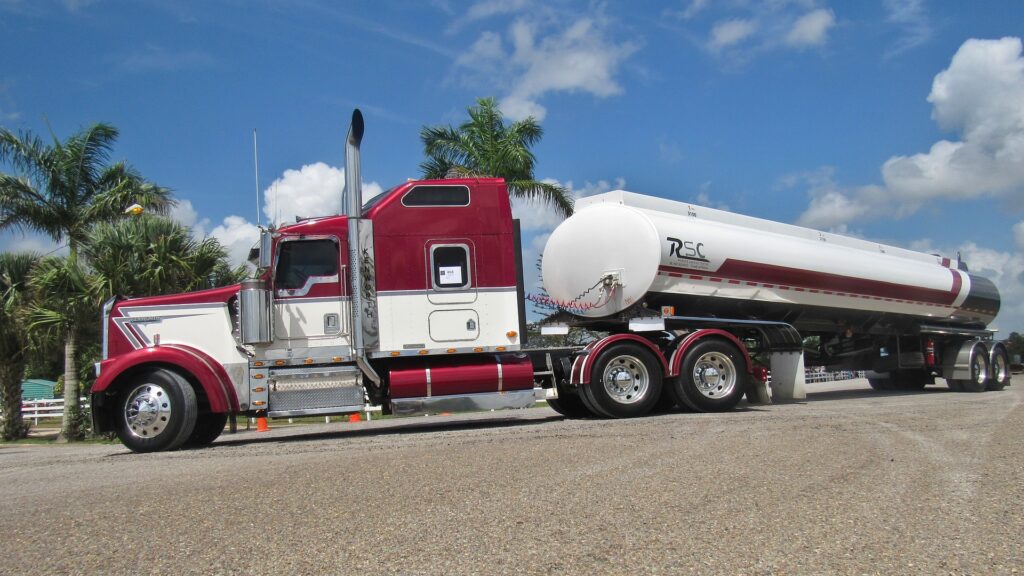The 2024 Human Trafficking Judicial Leadership Program and Commercial Driver’s License (CDL) Public Awareness Campaign facilitated by The National Judicial College (NJC) with support from the Federal Motor Carrier Safety Administration (FMCSA) is the first nationwide program of its kind to develop and pilot a curriculum-driven judicial leadership initiative that empowered judges to conceptualize, implement, and describe the outcomes of local human trafficking awareness campaigns in their jurisdictions. Through this initiative, judicial leaders explored innovative curriculum elements, including empathy exercises, survivor testimonials, and breakout sessions designed to foster collaboration and actionable strategies. Importantly, this applied leadership program gave judges the tools and resources necessary to create impactful human trafficking and Commercial Driver License (CDL) holders’ public awareness action plans tailored to the realities of their courts. Remarkably, the program resulted in significant improvements in the participants’ understanding of the complexities of human trafficking and gave judicial leaders the confidence to actively confront human trafficking within their courts, communities, local governments, states, and across the United States.



